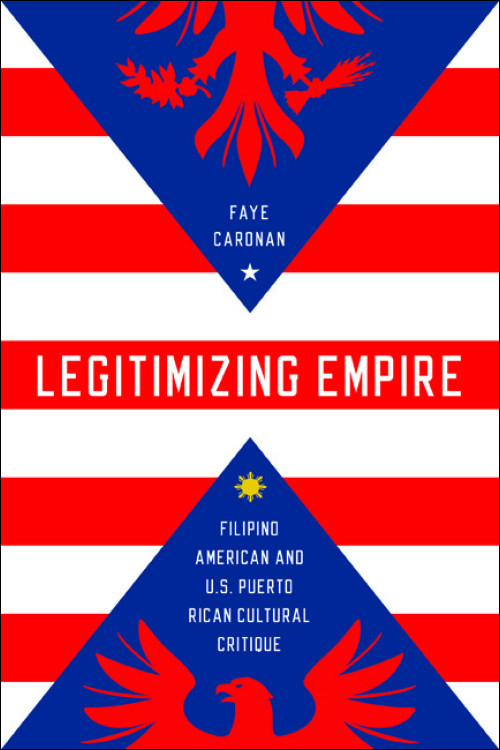

Most ebook files are in PDF format, so you can easily read them using various software such as Foxit Reader or directly on the Google Chrome browser.
Some ebook files are released by publishers in other formats such as .awz, .mobi, .epub, .fb2, etc. You may need to install specific software to read these formats on mobile/PC, such as Calibre.
Please read the tutorial at this link: https://ebookbell.com/faq
We offer FREE conversion to the popular formats you request; however, this may take some time. Therefore, right after payment, please email us, and we will try to provide the service as quickly as possible.
For some exceptional file formats or broken links (if any), please refrain from opening any disputes. Instead, email us first, and we will try to assist within a maximum of 6 hours.
EbookBell Team

5.0
90 reviews"After the Spanish-American War, the United States acquired overseas colonies and became an empire. Since the advent of U.S. colonialism in the Philippines and Puerto Rico, to reconcile its new status as an overseas empire with its anticolonial roots, the United States distinguished itself from European empires by claiming that it would altruistically establish democratic institutions in its colonies. In response, Filipino and Puerto Rican artists have challenged the promises of benevolent assimilation to demonstrate how U.S. imperialism is inherently self-interested, not exceptional among empires. Faye Caronan examines Puerto Rican and Filipino/American cultural productions as pivotal engagements with U.S. imperial exploits in these two terrains. Caronan skillfully interprets novels, films, performance poetry, and other cultural productions as both symptoms of and resistance against American military, social, economic and political incursions into these territories. Today the Philippines is an independent nation whereas Puerto Rico is a U.S. commonwealth, but somehow both remain subordinate to America. The different colonial relations mean that the Philippines and Puerto Rico cannot serve the same function in justifying U.S. imperialism. Caronan's juxtaposition reveals two different yet simultaneous models of U.S. neocolonial power and contradicts American exceptionalism as a reluctant empire that only accepts colonies for the benefit of the colonized and global welfare"--